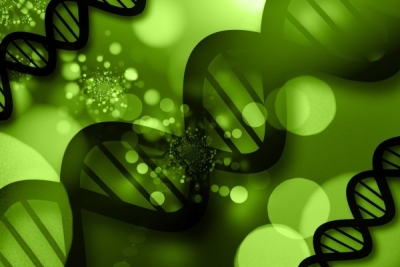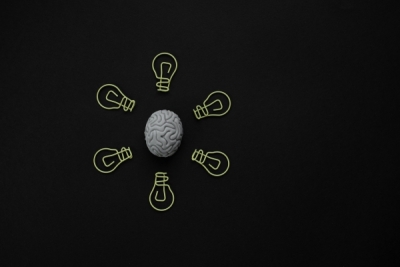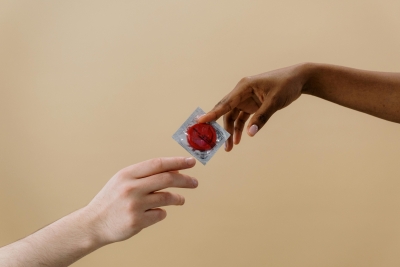WHAT IS HANGOVER?
"Hangover" seems to be our body's way of reminding us of the dangers of excessive alcohol consumption - after all, it is the result of acute intoxication by the substance. Despite being one of the most searched topics on the internet, hangover is still one of the alcohol-related topics that needs further study. In order to increase data consistency and reliability in this area, renowned scientists founded the Alcohol Hangover Research Group (AHRG) in 2010.
One of the advances was the consensus on the definition of hangover: “the combination of physical and mental symptoms, experienced the day after a single episode of binge drinking, starting when the blood alcohol concentration (BAC) approaches zero"(1 , 2). This means that hangover symptoms start about 6 to 8 hours after consumption, on average, and can last up to 24 hours.
It is characterized by adverse physical and mental effects, with a variety of “malaise” symptoms, the most common of which are: headache, nausea, trouble concentrating, dry mouth, dizziness, gastrointestinal discomfort, tiredness, tremors, lack of of appetite, sweating, sleepiness, anxiety and irritability.
The cause of hangover symptoms is mainly attributed to acetaldehyde, the main product of alcohol metabolism (3,4). As a result, several reactions can occur in the body that will compose what is understood as a hangover, such as:
- Dehydration, which causes thirst, a dry mouth, and muscle aches from loss of electrolytes;
- Increased production of gastric juices which can cause gastrointestinal irritation and result in abdominal pain, nausea and vomiting.
- Alcohol-induced hypoglycemia, which can affect brain functioning, leading to the tiredness and mood swings seen in hangovers.
- Changes in sleep pattern as well as sleep quality, leading to fatigue and changes in circadian rhythm.
WHAT INFLUENCES ITS OCCURRENCE AND SEVERITY?
There is a very large variation in the presence and intensity of hangover symptoms among people, caused by factors such as physiological characteristics (physical structure, sex, genetic vulnerability, age and health condition), aspects of drinking (quantity and frequency, beverage quality, water and food intake) and context of consumption (drinking in groups or in environments that encourage consumption) (3).
In any case, the amount of alcohol ingested is directly related to the symptoms of a hangover. Recent research (5) found a significant number of participants who reported hangovers after drinking low doses of alcohol, and the authors suggest that hangovers could occur after consumption of any BAC peak, but are more likely to occur if the individual drinks substantially more alcohol than you usually drink on occasions that don't result in a hangover.
The following table provides an estimated correlation between BAC, number of doses consumed and effects on the body, considering individual variables (genetic vulnerability, weight, height, metabolism and sex).

There are several hypotheses to explain the onset and severity of hangovers. In addition to the amount of alcohol consumed, other factors related to consumption itself (time interval of consumption or the type of drink) can influence its appearance. A study published in 2019 found a positive and significant association between hangover frequency and severity, suggesting that its severity increases when it occurs more frequently, and may be motivated by sensitization or reverse tolerance to this aspect of alcohol consumption (6).
The number of people who report having suffered from a hangover is high, with studies pointing to a 78% prevalence among all types of drinkers (7). Among heavy drinkers, the incidence is even higher: 90% of students who reported drinking in this pattern (defined by the study (8) as consuming 5 or more drinks on a single occasion) had suffered a hangover.
FACTORS THAT INFLUENCE HANGOVER
Several factors influence the severity of hangover symptoms:
- Direct effects of alcohol: dehydration, electrolyte imbalance, gastrointestinal disturbances, low blood sugar, impaired sleep;
- Alcohol withdrawal: several evidences suggest that a hangover is a mild manifestation of alcohol withdrawal syndrome in people who are not alcohol dependent
- Genetic components, including a family history of alcohol dependence;
- Presence of counterparts in the drink: by-products of the fermentation process, such as methanol, and other additives, such as zinc - used as an artificial sweetener or to enhance the flavor of drinks - can aggravate hangovers
- Use of other drugs
IMPAIRMENTS ASSOCIATED WITH HANGOVER
The domains typically affected in hangovers are physical, mood and cognitive functioning (2, 9, 10). In a study that aimed to identify which symptoms have the greatest impact on these domains, the results showed that the most debilitating symptoms were: fatigue, sleepiness , headache and concentration problems.
A study designed to investigate attention, memory functioning and mood during hangovers subjected two groups – one during a hangover and one that did not consume alcohol – to cognitive tests, and found a significant difference in the performance of both on the test. Selective attention was significantly impaired during alcohol hangover. Mood assessments revealed that the hangover group reported significantly higher levels of sleepiness and lack of ability compared to the control group (11).
Another review, which aimed to analyze the effects of hangovers on cognitive functioning, revealed that short- and long-term memories, psychomotor speed, and sustained attention are the functions most affected the day after a heavy drinking episode. These impairments have implications for intellectual performance and practical skills such as driving (12). This is because alcohol metabolization residues, present in the blood for a longer period than ethanol itself (about 6 to 20 hours, depending on the number of doses ingested), are associated with impairment of psychomotor skills, which can interfere with motorcycle dexterity (13).
Hangover-impaired functions: short-term and long-term memories, psychomotor speed and sustained attention.
Most debilitating symptoms: fatigue, sleepiness, headache, and trouble concentrating.
Predictive symptoms of hangover severity: nausea and headache
Short-term damages: traffic accidents, low productivity in the work/study environment, presenteeism
Long-term damages: neurological changes (when it occurs in adolescence) and greater chances of alcohol use disorders.
All the damage associated with abusive alcohol consumption and hangovers suggest that the best alternative to avoid it is abstention or moderate consumption and, in case of excesses, wait for the body's metabolization process.
To learn more about it, visit our YouTube page. There, you can find content on various topics about alcohol and health, including hangovers.











